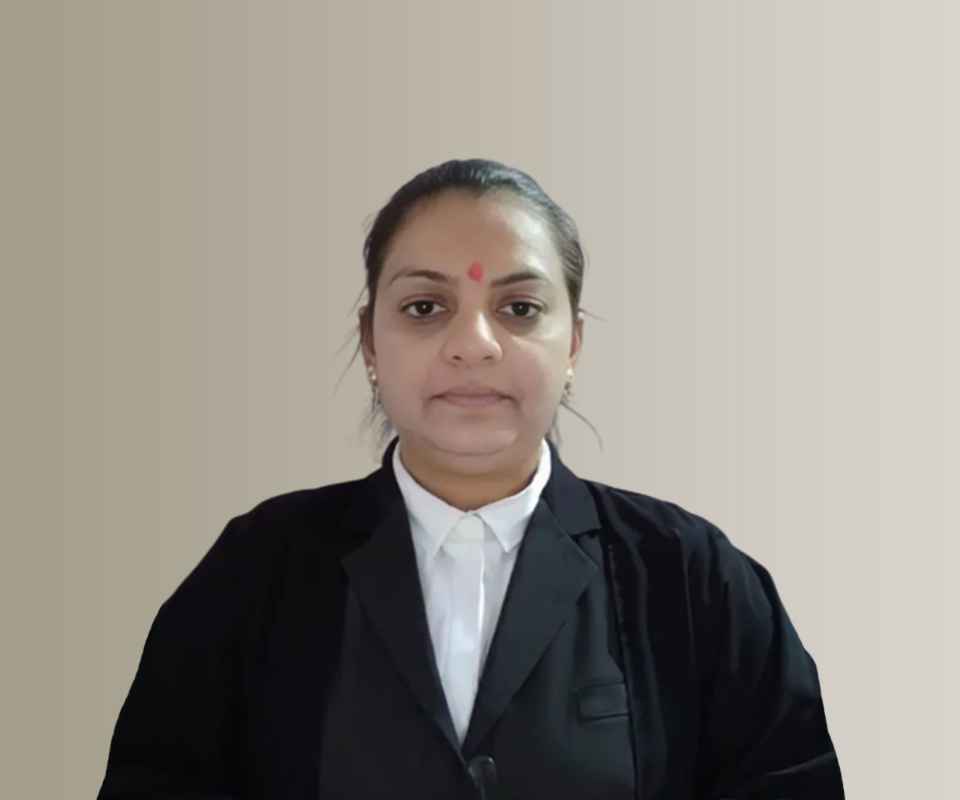Answer By law4u team
In India, laws protecting individuals experiencing domestic violence extend to dating relationships through legislation such as the Protection of Women from Domestic Violence Act, 2005 (PWDVA). While the law is titled with reference to women, it is important to note that both men and women can be victims of domestic violence, and the PWDVA provides protection to all individuals regardless of gender. Here's how the law protects individuals experiencing domestic violence in dating relationships: Definition of Domestic Violence: The PWDVA defines domestic violence broadly to include physical, sexual, emotional, verbal, and economic abuse. It covers acts or behaviors that cause harm, injury, or endangerment to the aggrieved person's health, safety, dignity, or well-being. Applicability to Dating Relationships: The PWDVA recognizes that domestic violence can occur in various types of relationships, including dating or intimate partner relationships. The law does not require the parties to be married or living together; individuals in dating relationships are also covered under the Act. Protection Orders: The PWDVA empowers individuals experiencing domestic violence, including those in dating relationships, to seek protection orders from the court. These orders can include protection from further abuse, prohibiting the abuser from contacting or harassing the victim, and providing for residence orders to ensure the victim's safety. Emergency Assistance: The law allows individuals facing immediate danger or threat of domestic violence to seek emergency assistance from the police or protection officers designated under the Act. This ensures that victims in dating relationships can access timely intervention and support to address the situation. Counseling and Support Services: The PWDVA mandates the provision of counseling and support services to victims of domestic violence, including those in dating relationships. Protection officers and service providers are responsible for assisting victims in accessing medical care, legal aid, counseling, and other necessary support services. Legal Remedies: Victims of domestic violence in dating relationships can seek legal remedies such as filing complaints with the police, obtaining protection orders from the court, and initiating legal proceedings against the abuser. The law aims to hold perpetrators accountable for their actions and provide justice to the victims. Awareness and Education: The PWDVA emphasizes the importance of raising awareness about domestic violence and promoting gender equality. It encourages educational initiatives to inform individuals about their rights and legal protections available under the law, including those in dating relationships. Overall, the Protection of Women from Domestic Violence Act, 2005, provides comprehensive legal protections to individuals experiencing domestic violence, regardless of the nature of their relationship with the perpetrator. This includes victims in dating relationships, who are entitled to seek assistance, protection, and support under the law.








